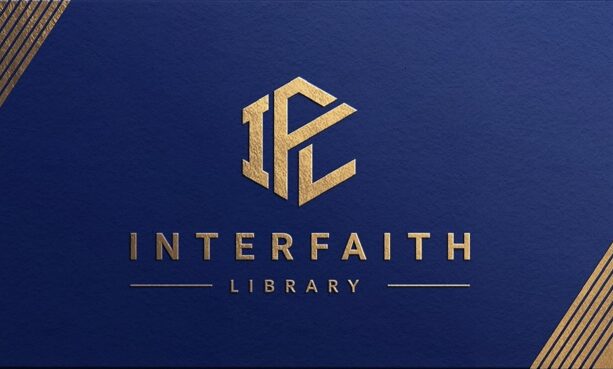If Everything Is Already Written, Why The Test?
Qadar (Arabic: قدر, transliterated qadar, meaning “fate”, “divine fore-ordainment”, “predestination“) is the concept of divine destiny in Islam. It is one of Islam’s six articles of faith, along with belief in the Oneness of Allah, the Revealed Books, the Prophets of Islam, the Day of Resurrection and Angels.Concept
The phrase reflects a Muslim doctrine that Allah has measured out the span of every person’s life, their lot of good or ill fortune, and the fruits of their efforts. When referring to the future, Muslims frequently qualify any predictions of what will come to pass with the phrase Insha’Allah, Arabic for “if God willed [it].” The phrase recognizes that human knowledge of the future is limited, and that all that may or may not come to pass is under the control of God.
Qadar is one of the aspects of ‘aqidah. Muslims believe that the divine destiny is when God wrote down in the Preserved Tablet (“Al-Lawhu Al-Mahfuzh”) all that has happened and will happen, which will come to pass as written[citation needed].
According to this belief, a person’s action is not caused by what is written in the Preserved Tablet but, rather, the action is written in the Preserved Tablet because God already knows all occurrences without the restrictions of time.
Another perspective asserts that God is omniscient and therefore has foreknowledge of all possible futures. With divine power, God then also deems which futures will be allowed, and man’s choice is between those possibilities approved by God[citation needed].
Belief in al-Qadar is based on four things
1 – العلم Knowledge: i.e., that Allah knows what His creation will do, by virtue of His eternal knowledge, including their choices that will take place.
2 – كتابة Writing: i.e., that Allah has written every thing that exists including the destiny of all creatures in al-Lawh al-Mahfuzh prior to creation.
3 – مشيئة Will: i.e., that what Allah wills happens and what He does not will does not happen. There is no movement in the heavens or on earth but it happens by His will. This does not mean that he forces things to happen the way they happen in the area of human beings volunteer actions. It means that He knew what they will chose, wrote it and let it happen, and was, is and can always change it when He wants.
4 – الخلق Creation and formation: i.e., that Allah is the Creator of all things, including the actions of His servants. They do their actions in a real sense, and Allah is the Creator of them and of their actions.
Stages Of Taqdeer (Fate)
There are five stages where Qadar is determined and prescribed/send to creation:
- The Decree of Allah that is written in Al-Lawh Al-Mahfuzh 50,000 thousand years before the creation of the universe. This destiny written in the preserved tablet is never changed and encompasses everything that will be,
- Allah made a divine decree after the creation of Adam. Allah took out all of the progeny of Adam (i.e. all of the humans from the beginning of time until the end of time), and asked them “Am I not your Lord?” and all of the humans responded “We testify that You are our Lord!” Then Allah decreed to them who shall go to paradise and who shall go to hell.
- The Life-time decree. This occurs when a person is in the womb of the mother, specifically 120 days after conception. Allah sends an angel to put a soul into the person, and the angel writes down the decree that Allah has made; his life-span, his sex, his sustenance (how much he will earn throughout his lifetime) and whether he will be a dweller of paradise or a dweller of hell.
- The yearly decree. This is during the Night of Qadr (Night of Decree) where Allah sends down his decrees from heaven to earth, in it he destines the actions (deeds, sustenance, births, deaths, etc.) of creation for the next year. The word Qadar should not be confused with Qadr; Qadar is destiny, Qadr is that which has been destined, i.e. decree, thus the translation – Night of Decree.
- The Daily Decree. Allah decrees the daily actions of his creation.
